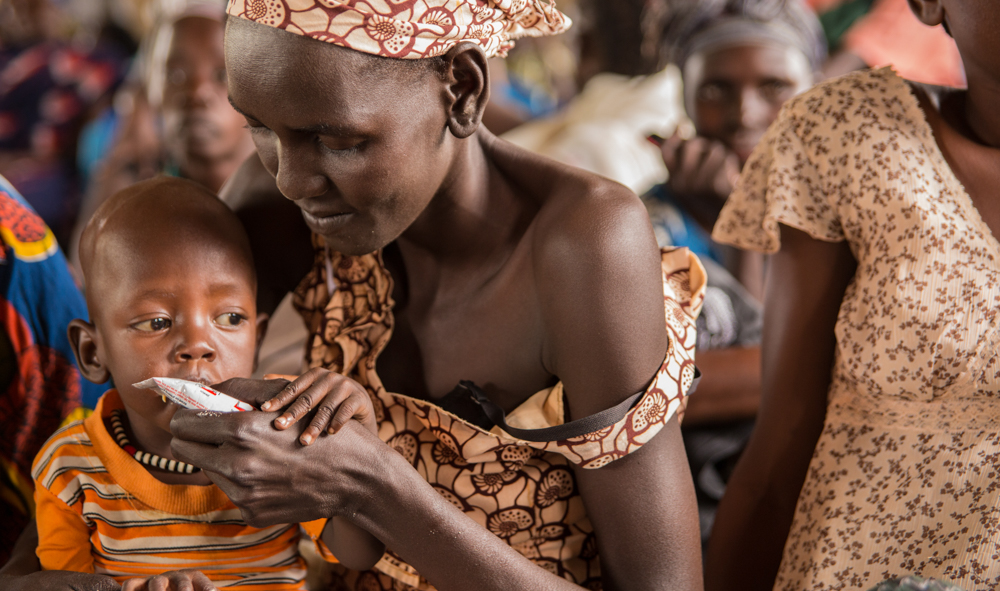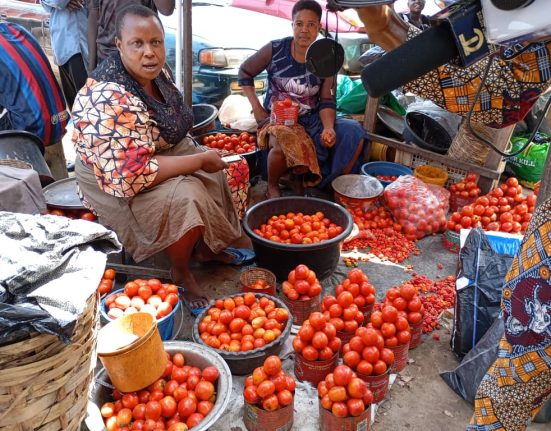By agency Report
Hunger, food insecurity and malnutrition are on the rise in Africa with the latest data showing that one in five people in Africa is facing hunger, African Union (AU) and United Nations officials have said.
This came at the high-level food and nutrition conference held on Monday at the AU headquarters in Addis Ababa, the capital of Ethiopia.
The conference call for action with urgency to the current food insecurity and nutrition crisis unfolding across the continent.
“Africa is no doubt facing one of the most alarming food crises in decades,” said Josefa Sacko, AU commissioner of Agriculture, Rural Development, Blue Economy and Sustainable Environment.
Sacko noted that the COVID-19 pandemic and the ongoing Russia-Ukraine conflict exacerbated food insecurity and poverty in Africa given that Russia and Ukraine are major players of wheat and sunflower oil in Africa.
The commissioner further said the increasing frequency and severity of climate shocks, regional conflicts and the COVID-19 pandemic have also disrupted food production and distribution, driving up the cost of food in the continent.
Africa is experiencing the heinous burden of food insecurity with about 278 million of its people suffering from chronic hunger, said Abebe Haile-Gabriel, assistant director-general and Regional Representative for Africa of the Food and Agriculture Organisation (FAO) of the United Nations, citing the latest report co-authored by the FAO.
“More than a billion people in Africa cannot afford a healthy diet,” said Haile-Gabriel, warning that Africa is moving backwards in its effort to deal with hunger, food insecurity and malnutrition.
He indicated that an additional 46 million Africans have gone hungry over the last two years due to multiple and overlapping shocks including climate change, protracted conflict and excessive dependence on imports of basic commodities such as food and fertilizers.
Recent estimates for Africa show that chronic hunger affected 278 million in 2021 which corresponds to 20 per cent of its population, according to the report.
The heightened level of food insecurity and malnutrition is expected to worsen this year due to increased incidence of conflicts and fragility in the region, high levels of poverty, climate shocks, environmental degradation and low agricultural productivity, according to a concept note released by the conference.
Food security and nutrition concerns on the continent are likely to persist as food demand on the continent is growing at an average rate of three per cent per year as the continent’s population grows at nearly the same rate and is likely to double to an estimated 2.4 billion by 2050, the officials warned.
The conference highlighted that the continent has turned out to be a net importer, buying an estimated 40 per cent of its food from abroad, despite the fact that the continent possesses about 60 per cent of the global share of arable land.
According to the officials, the conference was aimed at finding urgent solutions to the food crisis in the continent through mobilising institutional and political commitments, building on the African common position on the food system by raising awareness and generating consensus among concerned stakeholders.
“We need to act with urgency and at scale in responding to the current food insecurity and nutrition crisis unfolding in Africa and avert humanitarian suffering,” the commissioner said.
The high-level food security and nutrition conference was held under the theme “Mobilising Support for Food and Nutrition Security”, with participants including senior officials of UN agencies, continental organisations and officials of member states in attendance.







